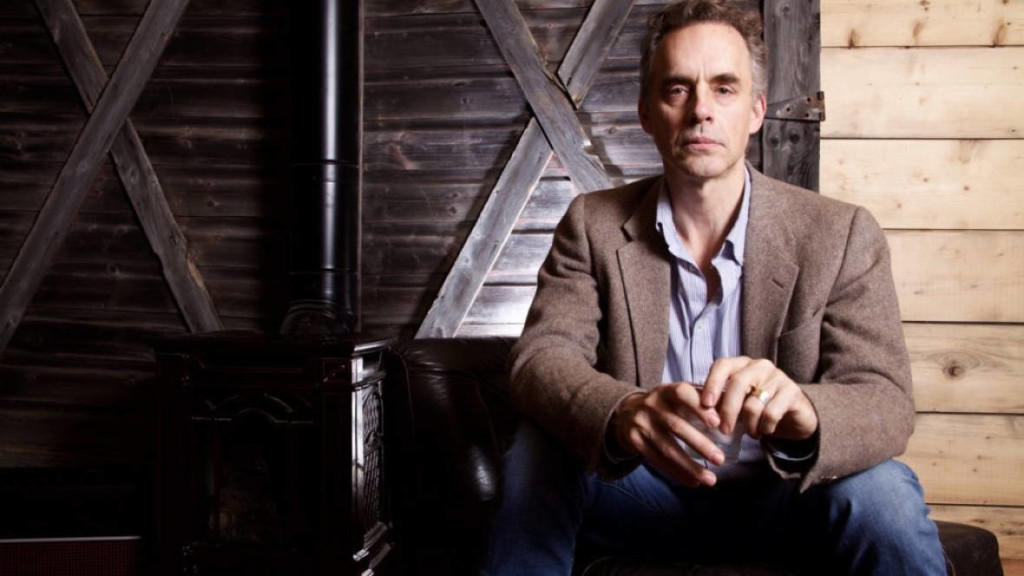Internet chatter about Jordan Peterson continues unabated. I was hoping to write a slow and leisurely commentary on the phenomenon of his appearance, but I’m not sure one has that luxury. So I am going to jump in a say what I find hopeful about his ideas and the response to those ideas, and then offer some critiques of the same. Afterward, I may take the time to unpack the different themes in his writing and lecturing, particularly in the ways in which his approach and startling insights can help those of us tasked with spreading the Gospel.
Archives for May 2018
Why Monks Sing
Yesterday, I received an email from Jon Elfner, a friend of mine. The email read, in part:
Jordan Peterson and the Life of Faith, Part 2
A less-than-favorable review of Dr. Peterson’s recent book Twelve Rules for Life called it a “self-help book from a culture warrior.” Were this an accurate summary, I doubt that I would have finished chapter one, much less the entire book. This description is inaccurate in two ways, both of which expose the corrosive cultural narrative (one that, I think, the Right and Left hold, for the most part, in common) that distorts what Peterson is saying. Let me deal with the idea of a “culture war” first. I propose to do this by comparing Dr. Peterson to one of the West’s most influential authors whom you’ve (probably) never read, Peter Lombard. This comparison will illuminate the reasons why I consider Dr. Peterson’s appearance on the scene to be mainly a hopeful development.
Jordan Peterson and the Life of Faith, Part 1

Professor Peterson combines the toughness of small-town Alberta with the intellectual challenge of Nietzsche and Jung.
Recently I gave a talk for Theology on Tap on the phenomenon of Jordan Peterson. Peterson is a clinical psychologist and University of Toronto professor. He recently published his second book, a kind of self-help book for millennials, especially millennial men. Hundreds of thousands of people watch his Bible study videos, in spite of the fact that he is not a typical believer. I found out about him through a Catholic friend about a year ago, and I immediately recognized his appeal to young men. Let me explain some of that in today’s blog post, which will be the first installment of an expanded version of my talk.
Liturgy as Everyday Life
[The following is from the program notes from our last celebration of Solemn Vespers.]
The Sixth Sunday of Easter is not the flashiest of liturgical events. We’re a good ways out from the euphoria of Easter, but not quite at the Ascension yet. It seems like a good time to step back at think about the liturgy in general.
The Ascension
Poetry tills and harvests in the fields of metaphor.
When Shakespeare’s Romeo muses, “Juliet is the sun,” he is not making a statement that is literally true. But it is true. How so? Oddly enough, answering this question involves us in more metaphorical speech.
Come, Holy Spirit!
“With great power the apostles gave their testimony to the resurrection of the Lord Jesus [Acts 4: 33].”
This power that the apostles had was the gift of the Holy Spirit. Just before the Ascension, our Lord instructed them, “You shall receive power when the Holy Spirit has come upon you; and you shall be my witnesses…to the end of the earth [Acts 1: 8].”